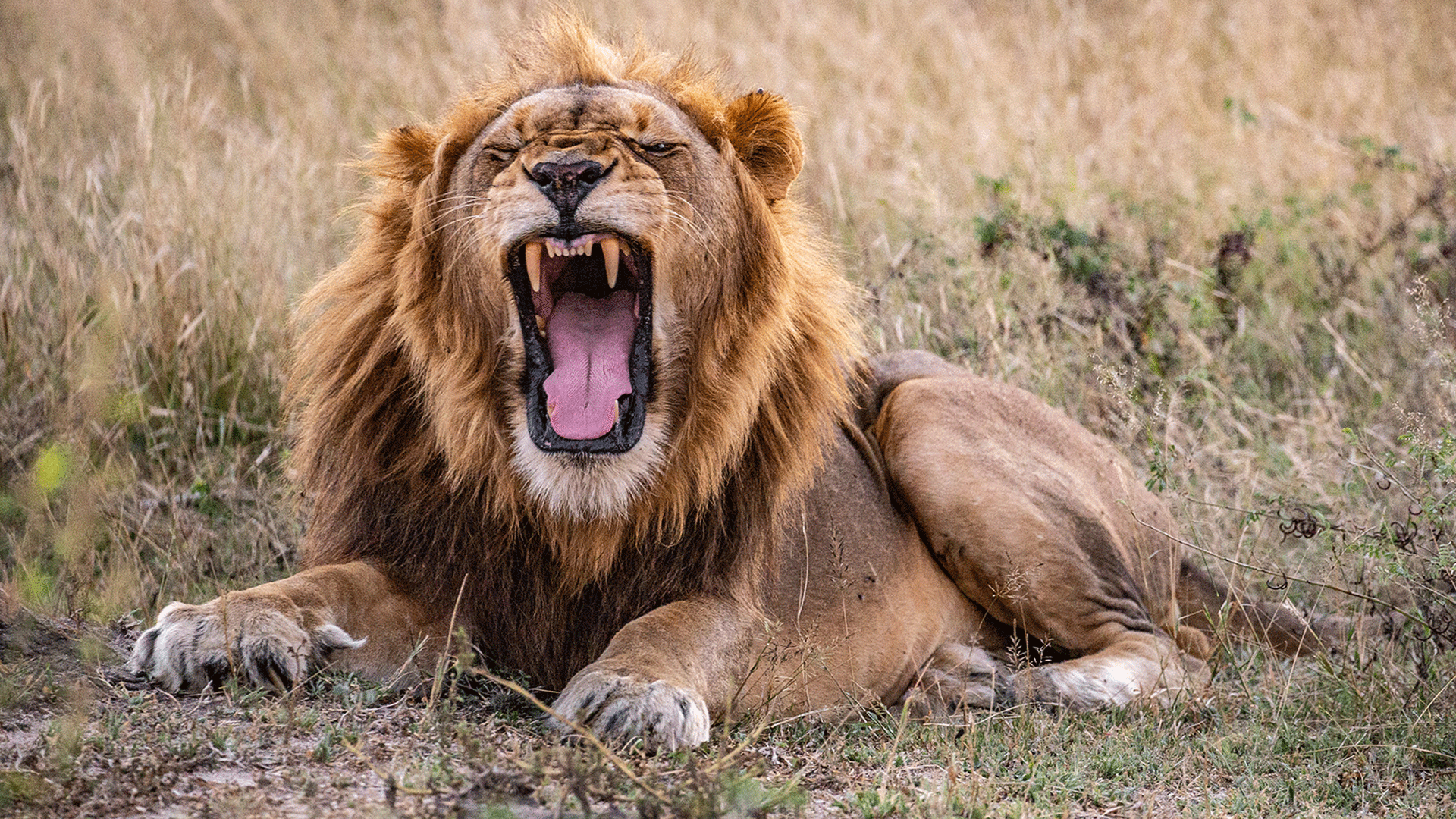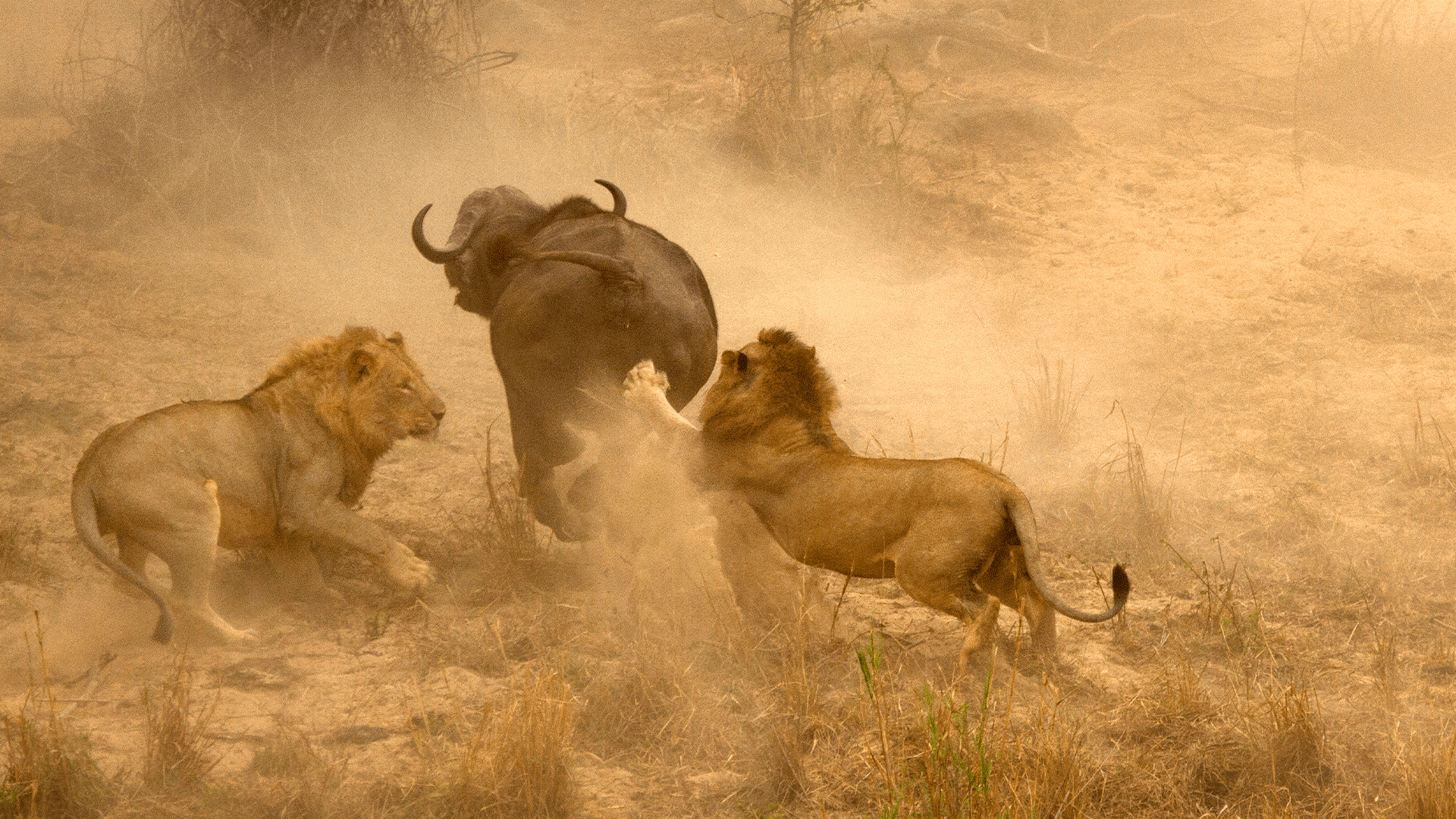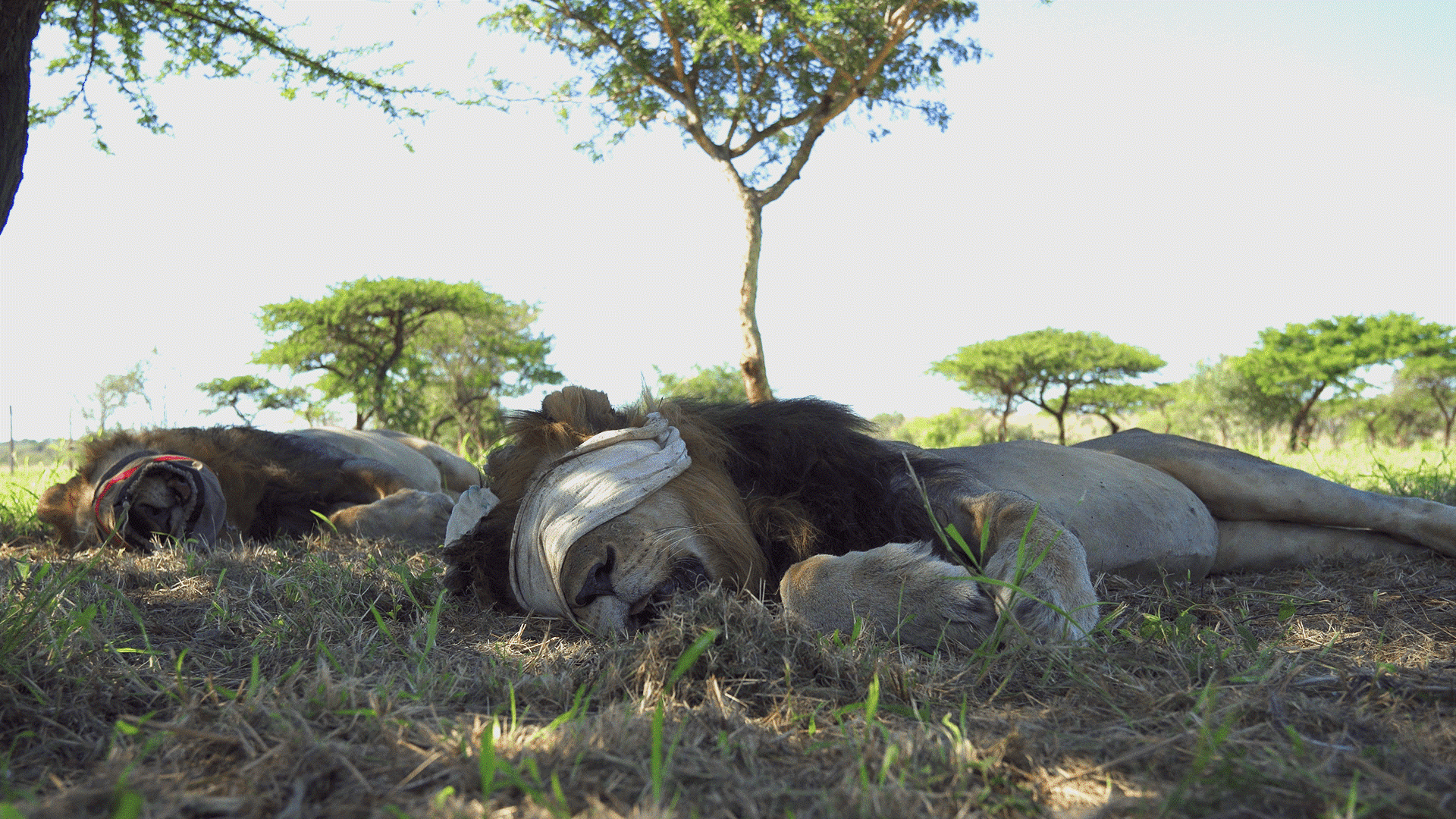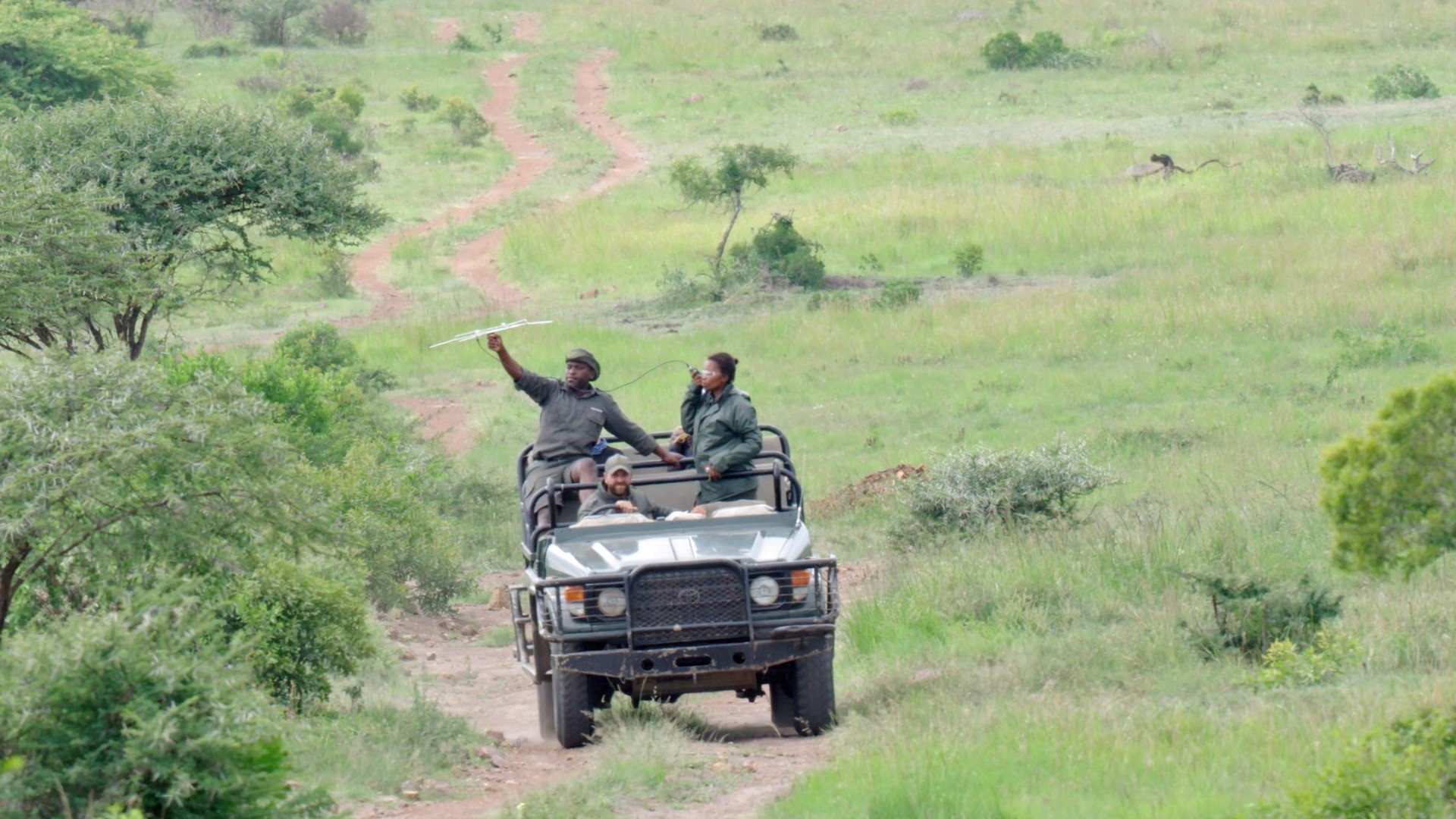During the Second World War, the U.S. War Department issued a ‘sole-survivor’ directive in an attempt to prevent families from losing all their sons, the premise on which the famous film, Saving Private Ryan, was based. In modern day Africa, another war is raging and brothers fall daily without reprieve. Lions once inhabited landscapes from Europe to the southern tip of Africa, and from West Africa all the way to India. Today, that historical range has shrunk to just 8% of what it was and in the last quarter century, the already diminished populations have declined again by half. While the “soldiers of conservation” mount brave rescue operations for the species, the overall mission is complicated by the dynamics of the battlefield. For instance, in the case of relatively small, fenced reserves, simulating the conditions required for lions – particularly male lions – to thrive, is perpetually challenging. Overcoming complex hurdles is a race against time and here are a few questions and answers to help us all understand why:

- SO WHY ARE LIONS DISAPPEARING FROM OUR LANDSCAPES?
Lions are disappearing due to a loss of habitat across Africa and this is mainly a result of rapid population expansion. Consequently, there is a lot of human-wildlife conflict that takes place and lions often end up being killed in retaliation for hunting people’s livestock.
- WHY IS IT IMPORTANT FOR US TO PROTECT LIONS IN OUR ECOSYSTEMS?
Lions are a keystone species: they control the ecosystem from the top down, keeping the number of herbivores like impala, wildebeest and zebra regulated and balanced, thus protecting the vegetation as there are fewer herbivores feeding in the landscape.

- WHAT ARE SOME OF THE CHALLENGES OF MANAGING LIONS IN SMALLER RESERVES?
The biggest challenge is that small reserves are seldom large enough to enable the natural dynamics of male lion take-overs in open systems: every 3-4 years there should be a pride shake-up where new male lions come into an area and take over a pride.
- WHY ARE YOU DOING THIS TRANSLOCATION?
Many Conservancy and Game Reserves, particularly in South Africa, are collaborating to simulate male lion take-overs: some are effectively swapping their dominant male lion coalitions to enhance the genetics of each reserve’s lion population.

- CAN YOU DESCRIBE THE TRANSLOCATION PROCESS FROM BEGINNING TO END?
Every translocation starts with conservation managers identifying which animals need to be translocated, e.g. lions which have perhaps been on a reserve for too long. For instance, some male lions stay for over four years, which is normally when new male lions would start moving in.
- WHAT IS THE MONITORING PROCESS ONCE THE NEW LIONS ARE RELEASED?
Lions are fit with VHF tracking collars, which allows the monitoring team to check in on them on a daily basis for the first couple of weeks. The reason for this is to ensure they are trying to establish a territory within the reserve and also, for the rangers to determine where this new territory is.




